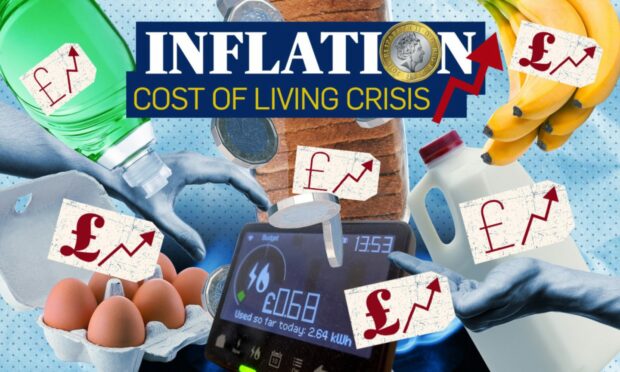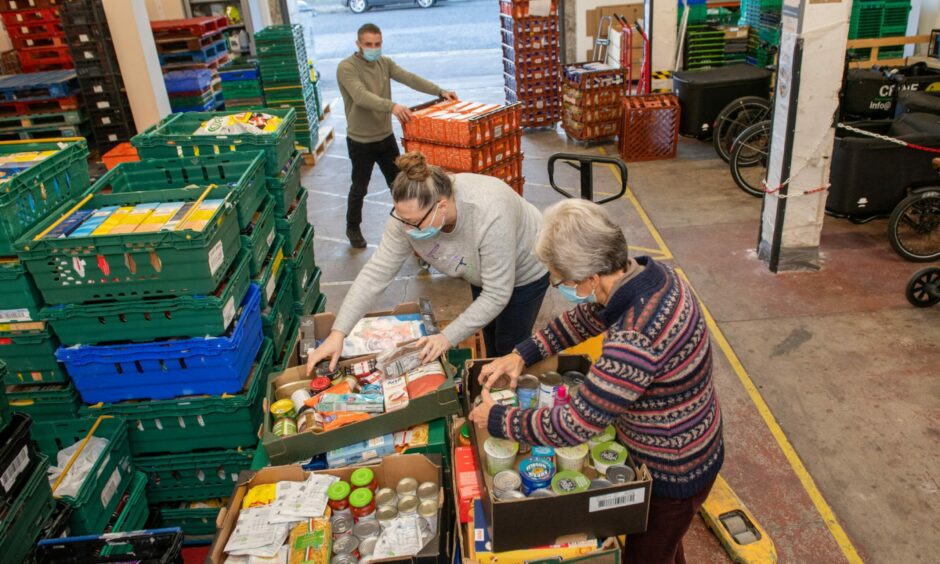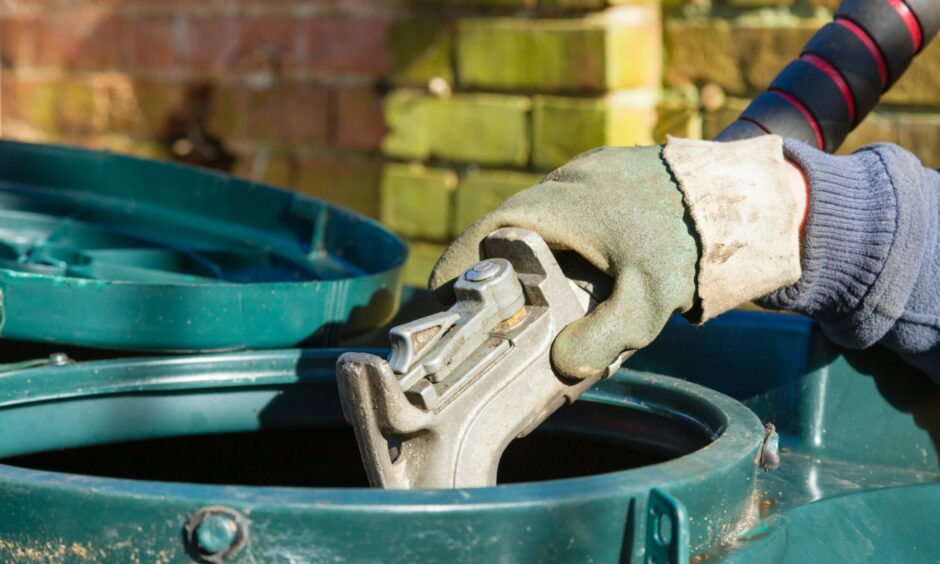The UK Government’s newly announced growth plan has been branded a “hammer-blow” to vulnerable families struggling to make ends meet during the cost of living crisis.
It was hoped so-called “mini-budget” would address rising fuel costs and energy bills, with many fearing the worst for the upcoming winter.
Chancellor Kwasi Kwarteng revealed the growth plan on Friday and said it will “send a clear signal that growth is our priority.”
But while it abolished the top rate of income tax for the highest earners, axed the cap on bankers’ bonuses, it added restrictions to the welfare system and has been described as a “missed opportunity” for those hoping for some fuel poverty relief.
4 million children risk going cold
Before the pandemic, it was found that 26% of Scottish children were living in poverty, a number which is estimated to have risen since the cost of living crisis hit.
It is estimated almost four million children risk going cold this winter as families choose between heating and eating.
Foodbanks across the north and north-east are working hard to support families in need, but this is not always enough.
Charity Save the Children said the new plan “has delivered tax-cuts to help the richest and a hammer-blow to low-income families.”
Its head of Scotland, Claire Telfer said: “Growth is a welcome goal, but that growth must include investment that helps all children have a fair start in life.
“The last few years have been brutal on families on low-incomes: the pandemic, the removal of the £20 universal credit uplift, and now the cost-of-living crisis have left many at breaking point.
.@BeccaKLyon 🗣️ "The UK government has delivered tax-cuts to help the richest and a hammer-blow to low-income families."
New statement in reaction to the #MiniBudget ⤵️https://t.co/809iQgfAo9 pic.twitter.com/tXY1PsR8BB
— SavetheChildren News (@SaveUKNews) September 23, 2022
“Families we work with are deeply worried about how they will survive the winter, and what lasting impacts these crises will have on their kids.”
The charity is calling for a £10 per week increase to the child element of universal credit and the scrapping of the “unfair” benefit cap.
Rural energy bills rising
The recently announced energy price cap means the wholesale cost of gas and electricity will be slashed for companies for six months starting in October.
While this could help many across the country, it fails to acknowledge off-grid homes who use oil instead.
It is estimated there are around 129,000 off-grid homes in Scotland that rely on home heating oil, most of which are in rural areas.
SNP energy spokesperson Alan Brown said these homes have been “hung out to dry” – with the cost of home heating oil rising from £0.31 a litre to £1.05 a litre in just two years.
“This latest lacklustre statement is an insult to thousands of families in rural communities across the country – and it’s another gaping hole in the UK government’s botched energy plan,” he said.
“The UK government must wake up to reality and give rural families the support they need.”
Many homes in Caithness, Sutherland and Easter Ross rely on heating oil and MP for the region, Jamie Stone, called the budget “out of touch”.
He added: “The chancellor could have offered real help today, for example by capping the price of heating oil. But as people worry about soaring bills and our high streets are pushed to the brink, he has instead shown he is living on another planet.
“With the worst inflation in decades, rising interest rates, and an economy heading into a recession, the Conservatives have today confirmed that they’re only interested in helping out their rich mates.”
A ‘missed opportunity’
The Chartered Institute of Environmental Health (CIEH) called the mini-budget announcement a “missed opportunity”.
It has been campaigning for the government to introduce additional energy efficiency measures to simultaneously tackle rising bills and fight climate change.
Chief executive Phil James said: “Whether you call it a mini-budget or a ‘fiscal event’, what is clear is that this announcement from the government is a missed opportunity to prioritise energy efficiency measures that could have saved millions from suffering fuel poverty this winter.
“A long-term national roll out of energy efficiency measures would also have supported the UK’s net zero ambitions as well so we are disappointed not to see any additional energy efficiency measures included in this announcement.”



Conversation